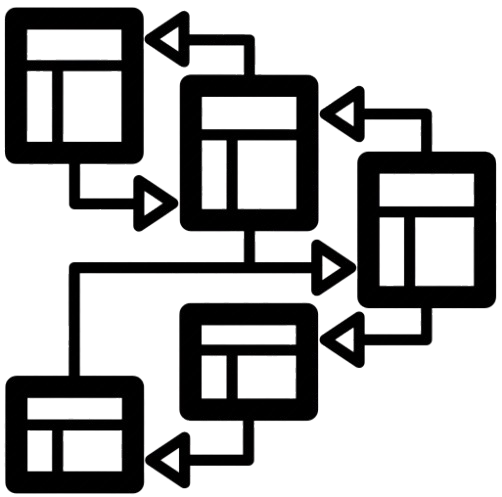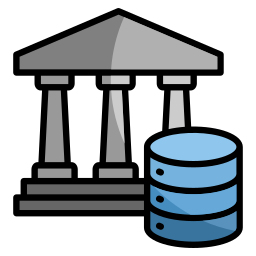Data Source
Identifying data sources in a data strategy is crucial because it ensures the relevance and accuracy of data, providing a comprehensive view of business operations and customer behavior. This holistic perspective enables better decision-making, data integration, and consistency across datasets. By standardizing data and efficiently managing it, organizations can implement effective data governance policies, which are essential for regulatory compliance, cost management, and scalable data strategies.
Understanding data sources is also vital for implementing robust security measures and protecting sensitive information. It aids in evaluating the costs associated with data collection and storage, ensuring that investments are made in valuable data sources. Additionally, clear identification of data sources allows for flexible and adaptable data architectures that can evolve with changing business needs without significant disruptions. By building a solid foundation, organizations can drive effective data-driven decision-making and optimize their data initiatives.

Data Architecture
Data architects play a crucial role in designing and managing an organization’s data infrastructure. They are responsible for creating a blueprint that ensures data is collected, stored, and accessed in an efficient, secure, and scalable manner. By establishing a robust data architecture, they enable seamless data integration, improve data quality, and ensure that data is readily available for analysis and decision-making. This strategic planning is essential for leveraging data as a valuable asset, helping organizations to stay competitive and innovate. Data architects also ensure that data management practices comply with regulatory requirements and industry standards, thereby reducing the risk of data breaches and legal penalties. In summary, data architects are vital for building a solid foundation for data-driven decision-making and long-term organizational success.
Our Data Strategy service is meticulously designed to help organizations harness the full potential of their data assets. We guide businesses in creating robust Data Architectures that support efficient data flow, storage, and processing, ensuring that their data systems are scalable, resilient, and aligned with their strategic goals. Our approach to Data Architecture involves a comprehensive assessment of your current data environment and strategic objectives. Our architectures are built with resilience in mind, incorporating redundancy and failover mechanisms to guarantee data availability and continuity in case of disruptions. We also focus on aligning your Data Architecture with industry best practices and regulatory requirements, ensuring data integrity, security, and compliance. By adopting modern technologies and methodologies, we enable your business to harness the full potential of its data assets, driving innovation and informed decision-making.

Data Modeling
Data modeling is crucial as it provides a structured approach to defining and organizing data elements and their relationships within a system. This clarity is essential for designing efficient databases, ensuring data consistency, and improving data quality. By creating a visual representation of data, data modeling facilitates better communication between stakeholders, developers, and analysts, allowing them to have a shared understanding of data requirements and structure. This shared understanding is vital for building systems that meet business needs and enable effective data management.
Data modeling also enhances data integration and supports scalability by providing a blueprint for how data is stored, accessed, and maintained. It helps in identifying redundant data, optimizing storage, and ensuring that data can be easily retrieved and utilized across different applications. This foundation is critical for enabling advanced analytics, machine learning, and other data-driven initiatives. In essence, data modeling lays the groundwork for robust data infrastructure, enabling organizations to leverage their data assets efficiently and effectively.

Data Governance
Data governance is a critical framework that ensures the proper management, quality, and security of data within an organization. It involves establishing policies, procedures, and standards to manage data assets effectively. Our comprehensive approach begins with Data Governance, where we establish robust frameworks and policies that ensure data integrity, security, and compliance. We work closely with your organization to develop a tailored governance strategy that encompasses data stewardship, quality management, and lifecycle management. By defining clear roles and responsibilities, we enable efficient data handling practices and foster a culture of accountability.
Our Data Governance framework includes rigorous protocols for data access, usage, and protection, aligning with industry regulations and best practices. We implement stringent measures to safeguard sensitive information, ensuring that your data remains secure and compliant with legal standards. Through continuous monitoring and regular audits, we maintain data accuracy and reliability, empowering your organization to make informed decisions based on trustworthy data.
